Cheng Lei tells: the great thrall of China … and its dark side
Cheng Lei’s story is both chilling and an uncomfortable truth in Australia’s relationship with its largest trading partner.
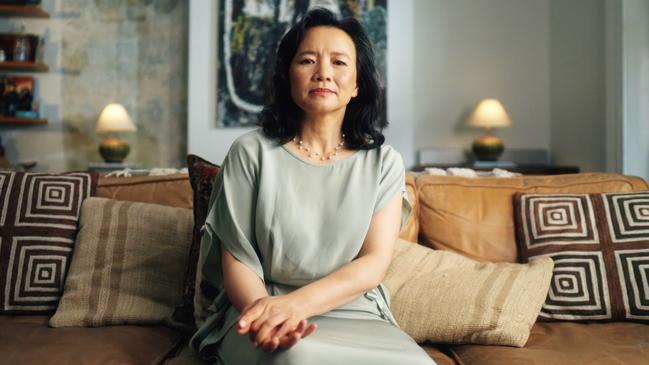
Journalist Cheng Lei first came to my attention in 2018, not long after I’d arrived in Beijing for a stint as The Australian’s China correspondent.
I went to dinner with Nick Coyle, then chief executive of the Australia China Business Council, and he was singing the praises of Cheng, a presenter with the Chinese government-owned English-language China Global Television Network, who also happened to be his former girlfriend.
Cheng was a successful journalist I should watch, Coyle told me.
Later on, when I saw her MC an event at an Australia China Business Council function, it was hard not to admire this glamorous female journalist who seemed to be riding the wave of modern China.
I watched Cheng conduct television interviews with global players who would pass through Beijing or the Chinese financial capital, Shanghai, including former Australian ambassador to China Geoff Raby, who was working in Beijing as a business consultant.
Smart, stylish, savvy and well connected, Cheng seemed to have it all – the epitome of a modern Chinese international woman of the world, mixing at high levels in diplomatic and business circles.
Back then, there was still enthusiasm for the Chinese economic miracle and the country’s growing role in a global world.
That was a story I had followed since visiting China on a “study tour” in the late 1970s just after it opened up, inspired by visions of senior press gallery journalists visiting alongside former prime minister Gough Whitlam in the early ’70s.
But by 2018, things were tightening for foreign journalists in China. Surveillance was part of the game, although the China story itself was so fascinating.
As Cheng said much later, she thought she knew the “red lines” working as a high-profile journalist in China, and was careful not to cross them.
Two years later, in August 2020, when I had moved back to Australia, I was shocked to hear she had been detained.
Coyle threw himself into campaigning for her release, lobbying politicians and making regular appearances on Sky News Australia. Eventually, Cheng was released in 2023 after a traumatic three years in a Chinese jail.
While others such as former Rio executive Stern Hu, who returned to Australia in 2018, have chosen to go to ground following their release from jail in China, Cheng has chosen a high-profile route to tell her story, giving interviews and speaking out at selected occasions, including an interview I did with her and Coyle for the Australia China Relations Institute at UTS in Sydney in July last year.
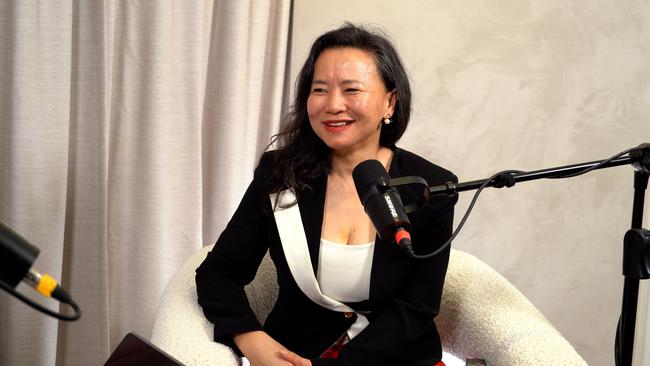
This week sees the release of her book, Cheng Lei: A Memoir of Freedom, published by HarperCollins, and a Sky News documentary on Tuesday night, Cheng Lei: My Story. Both HarperCollins and Sky News are part of the News Corporation group, as is The Australian.
The book and the documentary will provide another challenge to the Australia-China political relationship.
They are a reminder of the risks of being a journalist in China, a place where the red lines are much more tightly drawn than in many other places in the world.
Cheng was charged with the “crime” of revealing state secrets by giving a fellow journalist and friend, Bloomberg reporter Haze Fan, a few minutes’ advance notice of some details in the government’s annual work report in a brief text message – an event that took place months before.
Or was Cheng simply a convenient pawn in the rocky Australia-China relationship, which had become increasingly fraught in the wake of the call by the Morrison government for an inquiry into the origins of Covid?
While Cheng sorely regrets the three years she lost with her children, she is determined not to be eaten up with bitterness, with one of her messages being the importance of how small acts of kindness can make a big difference to people in distress or going through hardship.
The documentary should be seen as an insight into her story but also another reminder that there are vast differences between the Chinese government, the Chinese people in China, and the increasing population of Mandarin-speaking Chinese-Australians now making their mark as a new force in Australian politics in some seats.
Speaking at an advanced screening of the documentary in Sydney last week, Cheng spoke of her joy at being reunited with her family but also told of how some former friends now see her as “toxic”, possibly because they are concerned for their own ties with China.
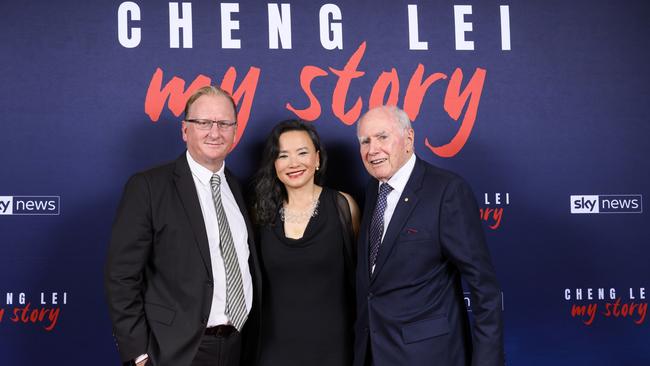
Cheng’s ex-partner, Coyle, who attended the advanced screening last week, is now living in Papua New Guinea, having left China some years ago when he realised his campaigning for her release meant it was not safe for him to remain in Beijing.
Her story is both chilling and an uncomfortable truth in Australia’s relationship with its largest trading partner.
But her book makes it clear she continues to define herself as a journalist.
It ends with questions about the real reason for her arrest.
“I may never know the answers, but I will go on asking questions,” Cheng concludes.
“As a journalist, that’s my job.”
Cheng Lei is an anchor on Sky News Australia. Her book for HarperCollins, A Memoir of Freedom, is released on Wednesday, June 4, and her documentary, Cheng Lei: My Story, premieres on Tuesday, June 3 on Sky News and skynews.com.au.
Cheng Lei’s interview on The Australian’s The Front is available wherever you get podcasts.


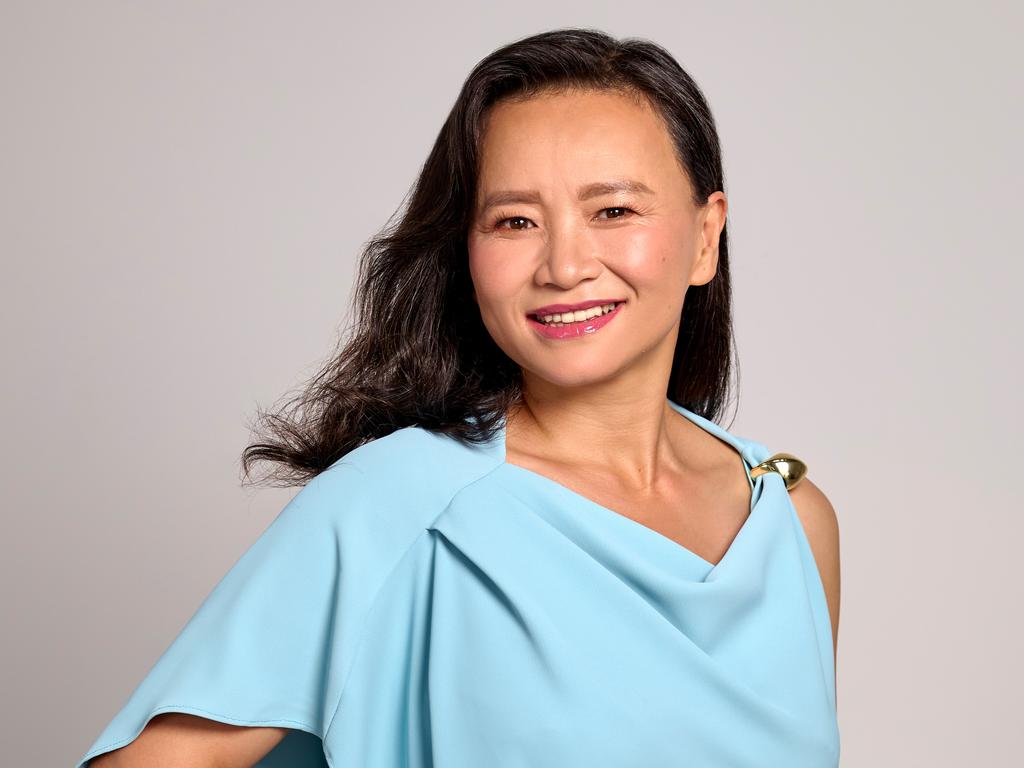

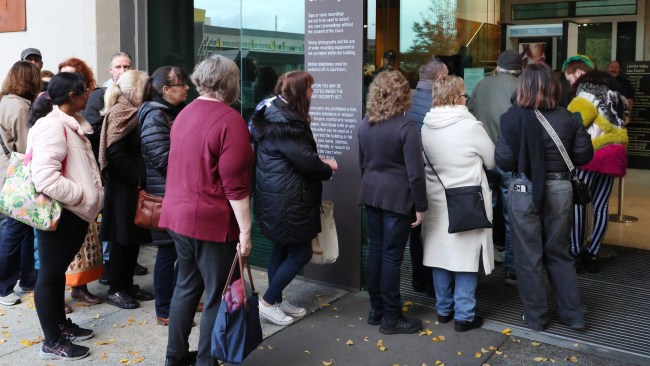
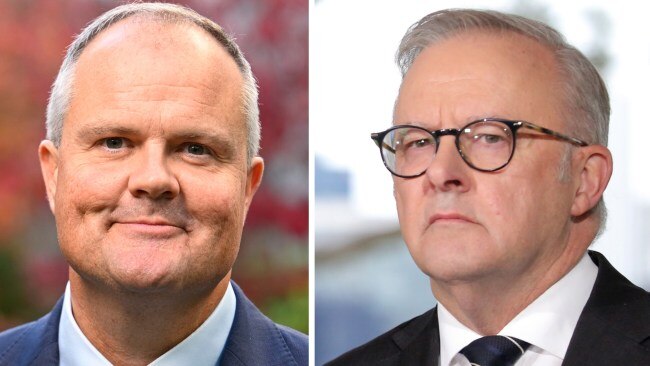
To join the conversation, please log in. Don't have an account? Register
Join the conversation, you are commenting as Logout